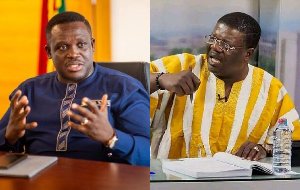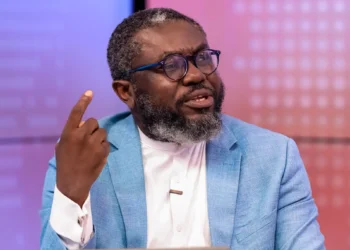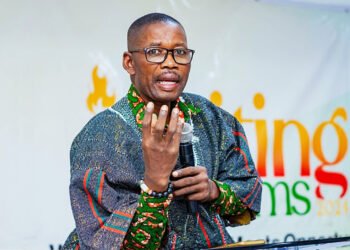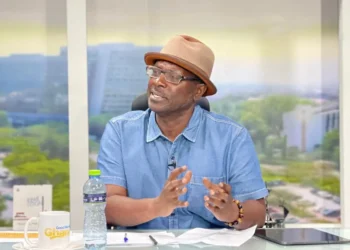Two Members of Parliament from the ruling National Democratic Congress (NDC) have called for an upward review of the maximum age limit for enlistment and recruitment into the Ghana Armed Forces, arguing that the current age restrictions are outdated and fail to reflect global standards.
The call was made by Hon. Samuel Nartey George, Member of Parliament for Ningo-Prampram and Minister for Communication, Digital Technology and Innovations, and Hon. Rockson-Nelson Dafeamekpor, Member of Parliament for South Dayi.
Both lawmakers believe that Ghana’s existing recruitment policy, which limits applicants to a maximum age of 25 for non-tradesmen and 27 for tradesmen, excludes many capable and physically fit citizens who are willing and able to serve their nation.
Hon. Sam George emphasized the need for a comprehensive re-examination of the age limit requirements governing the military’s recruitment process. According to him, Ghana’s demographic and physical realities have evolved, and many individuals beyond the current age limit remain fit enough to meet the demands of military service.
“I honestly believe it is time for our beloved nation to re-examine the maximum age for enlistment into our military services. There are people in their 30s who are physically fit and sound enough to serve their nation. We must not deny them this opportunity simply because of their age”.
Hon. Samuel Nartey George, Member of Parliament for Ningo-Prampram
The Minister proposed that the Ghana Armed Forces consider adjusting the maximum age limit upward to 35 years, representing an additional 10 and 8 years for non-tradesmen and tradesmen respectively.
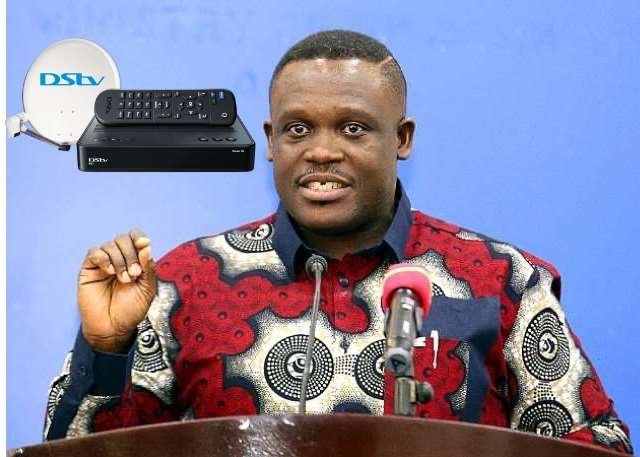
He noted that such a review would not be unprecedented but rather consistent with practices in other parts of the world. “This will serve the Ghanaian youth better, as it will not be limited in scope but open to many prospective applicants compared to the current system,” he added.
His comments come at a time when the Ghana Armed Forces has officially announced the commencement of its 2025 recruitment process, scheduled to begin in October 2025.
According to the official public notice, applicants must “be not less than 18 years of age and not more than 25 years of age for non-tradesmen and not more than 27 years for tradesmen by 30th December 2025.”
However, Hon. Dafeamekpor believes that these limits are unnecessarily restrictive and should be revised in line with international trends.
According to him, in response to numerous complaints from party foot soldiers and members of the public who have been disqualified on age grounds, he conducted an independent review of recruitment standards in other countries across Africa, Europe, Asia, and North America.
His findings, he said, revealed that Ghana’s age ceiling for military recruitment is one of the lowest in the world. “In some parts of Africa, the maximum age limit, even though it varies per intake, qualification, and role, ranges between 28 and 35 years — way more than that of Ghana’s,” he noted.

Beyond Africa, Dafeamekpor observed that many advanced nations have even higher limits. “Some countries have maximum age requirements of 36 years, like the UK, 60 years, Germany 35, and the USA which has increased it to 42 years,” he stated.
According to him, these figures show a more inclusive and flexible approach that accommodates different categories of applicants, including those with prior experience or specialized skills.
Based on his findings, Dafeamekpor proposed that Ghana consider extending its age limit to between 35 and 40 years, depending on the applicant’s health condition and the specific nature of the military role.
“So in Ghana, we can extend our age limit to say 35 years or even 40 years depending on medical fitness and non-combatant roles. We need new ways of doing things”.
Hon. Rockson-Nelson Dafeamekpor
The MPs’ proposal has resonated with many sections of the public, particularly among the youth, who often express frustration at being disqualified from recruitment exercises due to age limits.
Many have argued that the age restriction unfairly excludes citizens who, despite being physically capable, may have pursued tertiary education or vocational training that delayed their eligibility period.
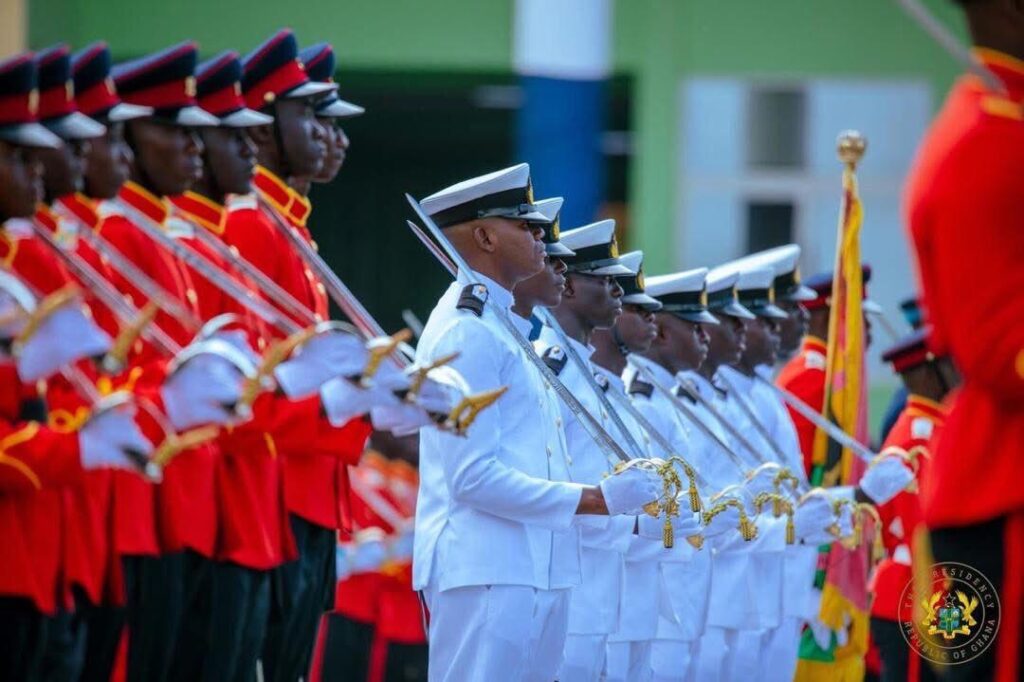
The lawmakers’ call for reform, therefore, appears to reflect growing public sentiment for a more inclusive and equitable recruitment process — one that accommodates Ghana’s evolving socio-economic realities and gives more opportunities to willing citizens to serve in the Armed Forces.
The Ghana Armed Forces, known for its discipline and professionalism, has yet to officially respond to the MPs’ suggestions. However, if the call gains traction within Parliament and receives support from the Ministry of Defence, it could mark a significant policy shift in Ghana’s approach to military recruitment — one that balances the need for physical readiness with inclusivity and equal opportunity.
READ ALSO: Tories To Abolish Stamp Duty

